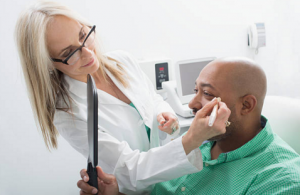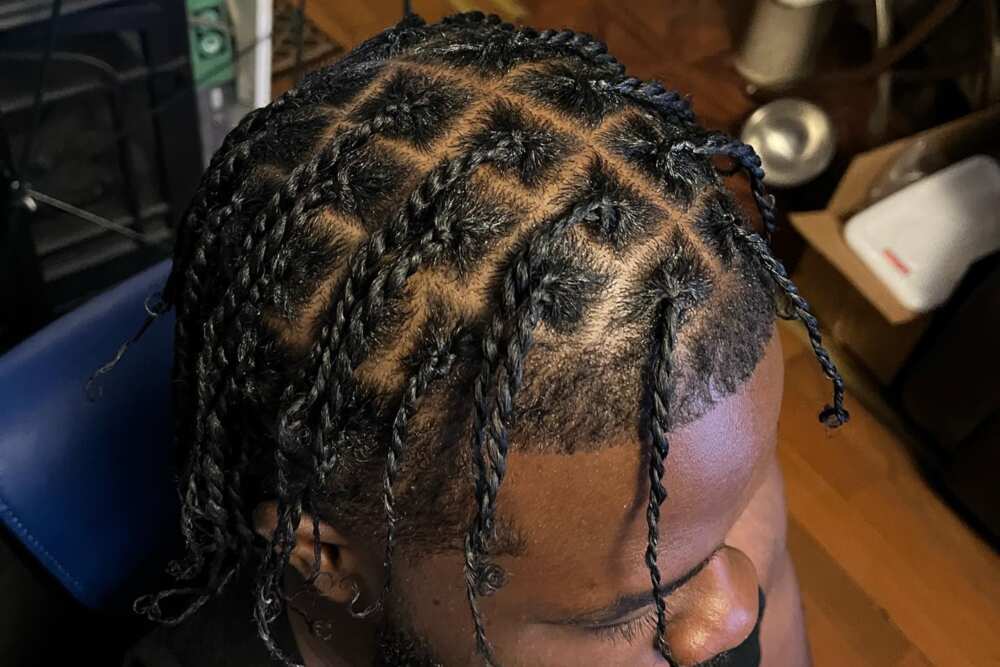(ThyBlackMan.com) People of colour often experience more significant skin issues. This is partly because of the darker skin complexion due to the presence of extra melanin. The melanin pigment is what creates the different colour in the skin tone, but it also can be a problem sometimes too.
Let’s look at the types of common skin problems that people of colour experience.
Ultraviolet Problems
While there’s a strong mistaken belief that people of colour don’t tan and aren’t affected by UV radiation from the sun because they’re already darker thanks to increased melanin, this is only part of the story. Along with tanning that can and does occur, the increased pigmentation makes the skin more vulnerable to damage as a result of exposure to the sun. Therefore, black men (and women) should cover up when outside just like the lighter-coloured people too. The dangers of a suntan remain true for everyone, but the risks aren’t necessarily the same.
cover up when outside just like the lighter-coloured people too. The dangers of a suntan remain true for everyone, but the risks aren’t necessarily the same.
Melasma
Melasma is a serious skin pigmentation issue. It involves a loss of darker pigmentation in areas throughout the body. Facial changes are often the most noticeable where patches of brown-hued skin replace darker areas. Whilst it can occur as a teenager, it starts to become more visible with gradual skin pigmentation changes in the 20s or 30s. The condition affects people who can get a noticeable tan from the sun and who are most often brown-skinned, as opposed to a darker complexion originally.
Acne
There are many different types of acne. As the team at The London Dermatology Centre will attest, treating acne is done on a case-by-case basis. It’s important to first confirm what type of acne is present to know how best to treat it. From a dermatological perspective, it’s normal for people of colour to experience acne as a teenager but less common in adults. However, there are additional risks for factors for black people when it comes to acne.
Inflammatory acne is very common. When the inflammation is mild, then a treatment of benzoyl peroxide may be effective. When more severe, antibiotics (the systemic type) are needed. Something like doxycycline or tetracycline in combination with erythromycin is often prescribed. An additional risk factor for inflammatory acne is the forming of scars known as keloids which typically attach to the skin and present as hard, uneven lumps.
Things to Avoid
Applying bleaching product to the skin to lighten it can cause skin irritation which leads to a bad skin response. The more bleaching products are used, and depending on the strength of the solution, the more they can negatively affect the skin where the product was applied.
It’s very common in the black community to apply oil and wax to the hair to help sculpt it and make it more manageable. Unfortunately, this can block ducts and cause skin problems for the scalp. Another issue is with the use of braids, ponytails, dreads and other hairstyles where the hair is pulled tightly and held into position. The strain on the hair follicles from the tight pulling on the hair can cause damage over time and lead to early pattern baldness.
Extra care must be taken to avoid certain common skin conditions as a person of colour. We all know people affected by a skin-related problem, some of which can be avoided by taking better care of our skin.
Staff Writer; Ron Carter




















Leave a Reply